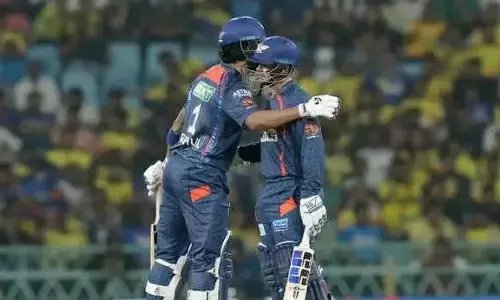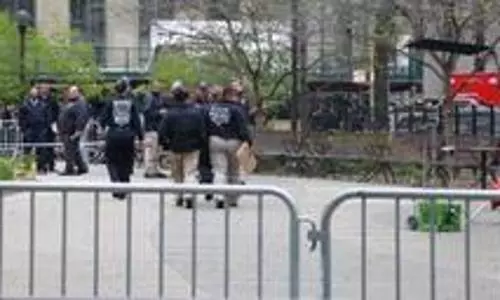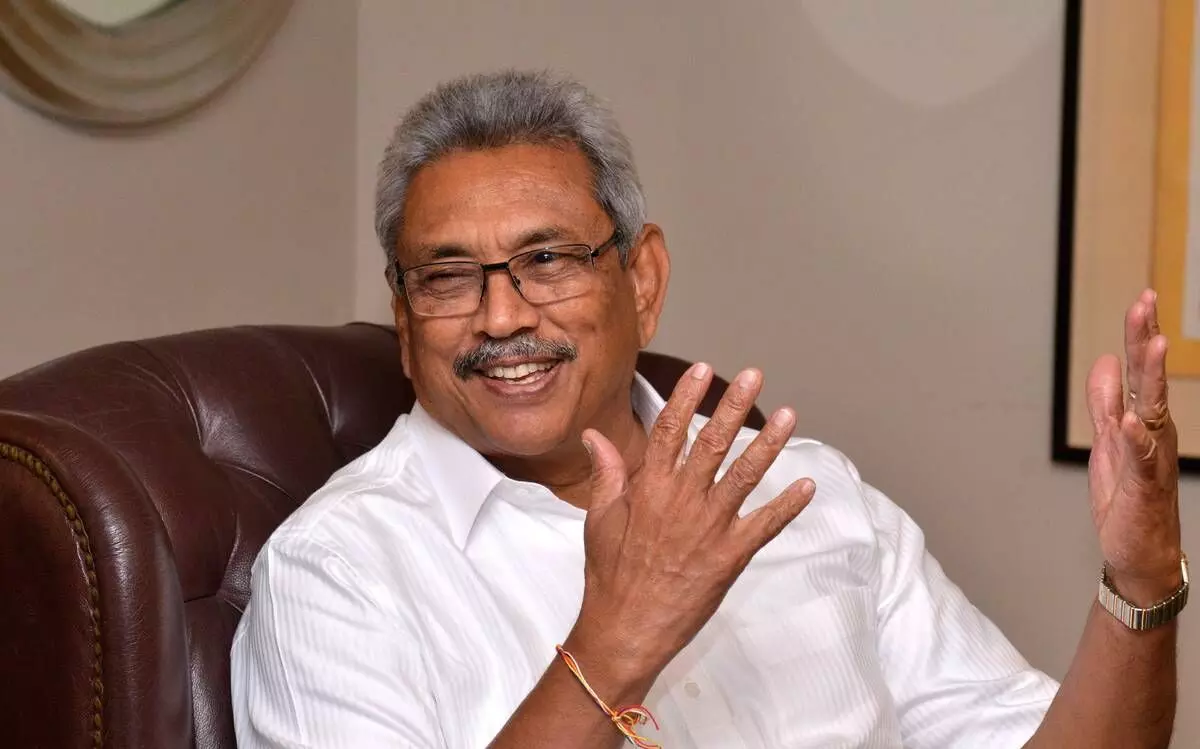
Sri Lanka bans 11 extremist groups, including ISIS and al-Qaeda, excludes Buddhist extremist outfit
text_fieldsSri Lankan President Gotabaya Rajapaksha (file photo)
Colombo: Sri Lanka has banned 11 hardline organisations, including the Islamic State (ISIS) and al-Qaeda, for their links to extremist activities in the country, according to an official announcement.
President Gotabaya Rajapaksa under a special gazette notification issued on Tuesday proscribed the radical groups under the Prevention of Terrorism (temporary) Provisions Act.
The notification states that any person who acts or conspires to act, in contravention or would be sentenced to prison terms between 20 and 10 years.
However, among the banned organisations are also local Muslim groups, including the Sri Lanka Islamic Students Movement.
In the immediate aftermath of the 2019 Easter Sunday suicide bomb attacks, Sri Lanka had banned the local group National Thowheeth Jamaath (NTJ) and two other outfits.
The NTJ's suicide bomb attacks on churches and luxury hotels here had killed 270 people while injuring 500 others.
A special probe panel appointed in 2019 by former President Maithripala Sirisena had recommended the banning of Muslim extremist organisations who advocate radicalism in the Buddhist-majority country.
The report also asked for the banning of an extremist Buddhist group, BBS or the Forces of Buddhist Power. The panel said that the BBS' actions had contributed to the radicalisation of Muslims.
The gazette, however, has excluded the Buddhist group. The panel report was rejected by all political parties despite the head of the local Catholic church Cardinal Malcolm Ranjith urging the implementation of its recommendations which he said would give some justice to the victims of the bombings.
The panel had found Sirisena and the then top security police brass culpable for failure to prevent the bombings despite the availability of prior intelligence on the impending attack.
A month ago the Sri Lankan government had said it would ban the Muslim dress burqa from public places seeing it as a threat against social harmony. The minister for public security Sarath Weerasekera had also declared at a news conference in mid-March that he had put for cabinet approval a proposal to bring the ban into effect on 'national security' grounds.
Wearing burqa was temporarily banned in 2019 after the bombing of churches and hotels by allegedly Islamic militants resulting in the death of over 250.
Later in the same year, Gotabaya Rajapaksa, with a record of having crushed a decades-long insurgency in the north of the country in his tenure as defence secretary, was elected president after promising a crackdown on extremism. Rajapaksa is accused of widespread rights abuses during the war, but he denies the charges.
There was also a move to shut more than a thousand Islamic schools, a move that ruffled the Muslim minority population of the country. The government accuses them of violating the national education policy.
The government's moves on burqas and schools follow an order last year mandating the cremation of COVID-19 victims - against the wishes of Muslims, who bury their dead. This ban was lifted earlier this year after criticism from the United States and international rights groups.
(With PTI inputs)























